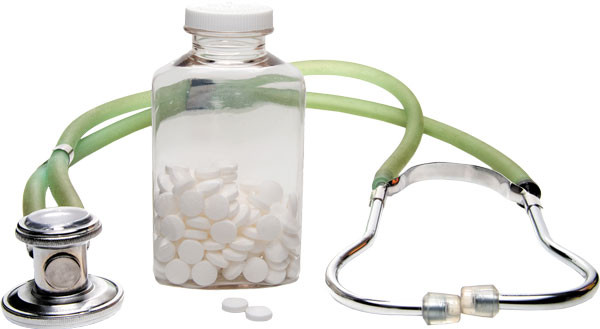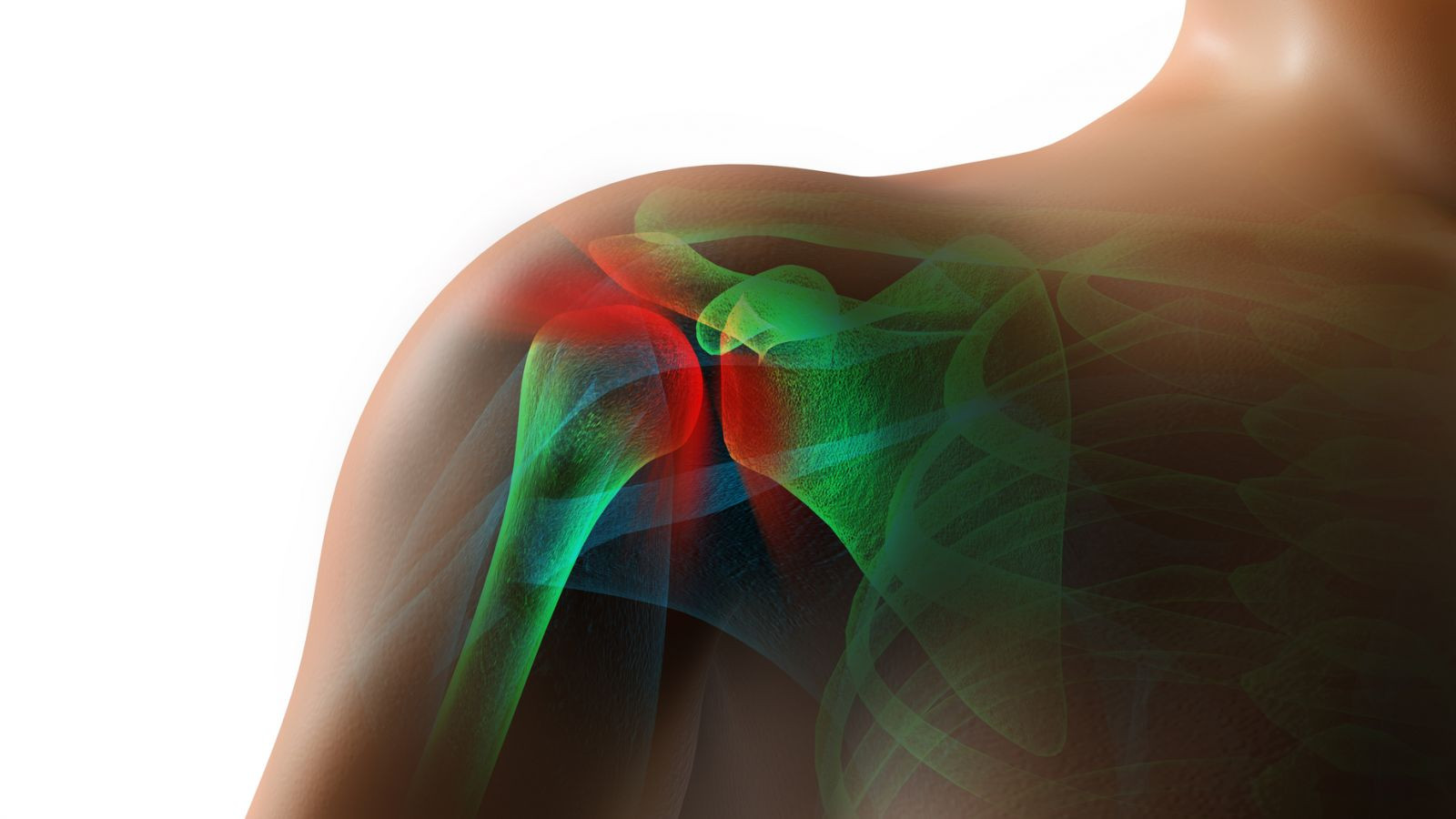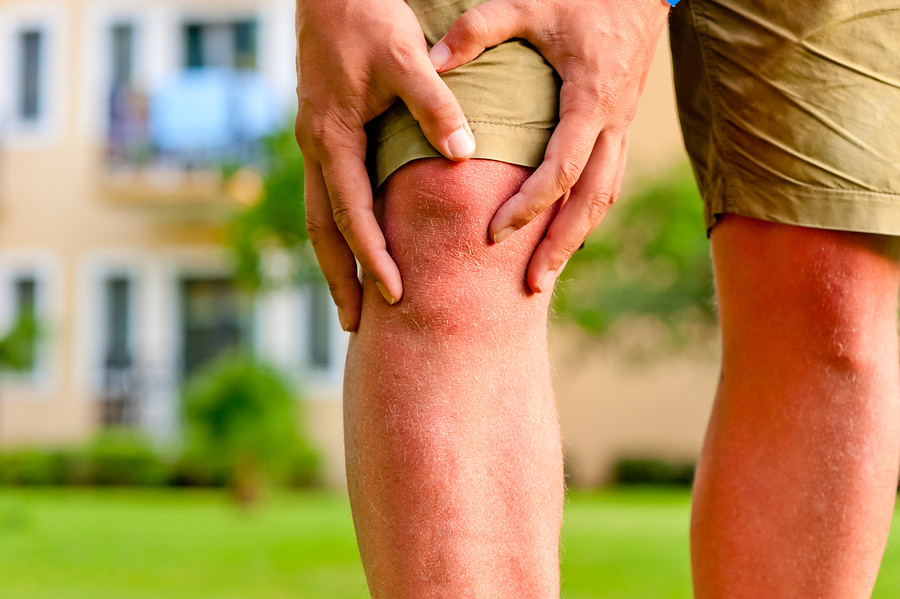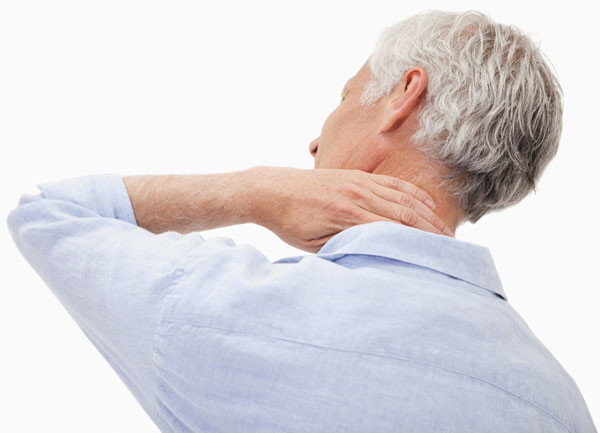
What are somatic workouts?

How to curb your stress eating

How to spot Parkinson’s disease symptoms

8 simple ways to reduce ultra-processed foods in your diet

Heart failure symptoms in women: How they’re different

GERD diet: Foods to avoid to reduce acid reflux

Strong is the new skinny

Everyday habits that sneakily weaken your bones

Don’t wait to get help for back pain

Correcting how you walk may ease osteoarthritis knee pain
Pain Archive
Articles
Why you should always have aspirin on hand
This old standby may not be your first choice for pain relief, but it still has an important role in disease prevention and first aid.
Image: Thinkstock
We have a lot to thank aspirin for. It's cheap and plentiful. It does a good job of relieving pain and bringing down fevers. It has also been shown to reduce the risk of heart attack, stroke, and colon cancer. It can even stop heart attacks and strokes in their tracks. In fact, if you're in your 50s or 60s, you may want to think about taking a low-dose aspirin every day.
After evaluating the results of scores of studies, in April 2016 the U.S. Preventive Services Task Force (USPSTF) recommended that women and men ages 50 through 69 who have a 10% risk of a heart attack or stroke in the next 10 years take 81 milligrams (mg) of aspirin daily. Under the previous recommendations—which, were different for men and women—daily low-dose aspirin was advised for women ages 60 through 79 who were at increased risk for cardiovascular events. The recommendation was revised to reflect a new method of calculating the risk of heart attack and stroke and of increased risk of bleeding in older people.
Warming up a frozen shoulder
You cannot prevent this condition in most cases, but knowing what to expect can get you through the healing process.
Image: jqbaker/iStock
So much of life happens above shoulder height—washing your hair, reaching for objects on shelves, even a good morning stretch. If your shoulders are weak, life can be quite limited.
While everyday shoulder aches and stiffness are common, if pain and mobility become substantially worse over time, and you do not have arthritis in the shoulder, you may have a condition called adhesive capsulitis, also known as frozen shoulder.
Do habits cause your neck pain?
Sit up straight, keep electronic screens at eye level, and try some strengthening exercises to reduce pain and feel better.
Looking down at a computer screen for prolonged periods may lead to neck pain.
Image: AndreyPopov/iStock
If your day involves using a smartphone or laptop, reading a book or magazine, or curling up on a couch to watch TV, your day may also include some nagging neck pain. That's because you may be bending your body in an unhealthy position for a prolonged period of time. "It's an overuse injury. Your body was designed to move, but you're forcing your neck and shoulders into one static position for too long," says Dr. Clare Safran-Norton, a physical therapist and clinical supervisor of rehabilitation services at Harvard-affiliated Brigham and Women's Hospital.
New guidelines: Avoid opioids for chronic pain
News Briefs
The CDC wants doctors to stop treating chronic pain by prescribing opioids, such as oxycodone (OxyContin). The CDC published guidelines on opioid prescription March 15, 2016, in The Journal of the American Medical Association. Opioids are powerful painkillers typically used to treat severe pain after surgery or pain with terminal illness, and sometimes used to treat chronic pain. But long-term use of these drugs comes with the risk of dependence, addiction, overdose, and death, as we reported in March.
The CDC is recommending that doctors instead treat chronic pain with non-opioid painkillers, such as acetaminophen (Tylenol) or ibuprofen (Advil); anticonvulsants (gabapentin or pregabalin); tricyclic antidepressants; or serotonin-norepinephrine reuptake inhibitors. The CDC also suggests treating chronic pain with nondrug therapies, such as physical therapy. If you and your doctor feel the benefits of opioid therapy outweigh the risks, the CDC urges doctors to prescribe the lowest effective dose, and reassess risks and benefits at least every three months. The recommendation is not intended for people taking opioids for terminal illness or palliative care.
Medication-free options to treat your low back pain
News Briefs
Image: Moldboard/Thinkstock
A small study published in March 2016 in The Journal of the American Medical Association appears to support two nondrug options for treating chronic lower back pain. Researchers found that mindfulness-based stress reduction (MBSR), which includes yoga and mindfulness meditation (focusing on the moment), and cognitive behavioral therapy (CBT), which redirects pain-related thoughts and behaviors, were better at lowering back pain than usual care (other treatments received, if any).
Researchers randomly assigned more than 300 people (average age 49) to usual care or to eight weekly sessions of either MBSR or CBT. Six months later, researchers found that 45% of both the MBSR and CBT groups had less back pain, compared with 27% of the usual-care group, and about 60% of both MBSR and CBT participants had more back function, compared with 44% of those getting usual care.
5 steps to a pain–free back
Low back pain has many different causes, including the normal wear and tear that comes with aging. While you can't turn back the clock or prevent every type of painful back disorder, in most cases there are things you can do to help keep your back healthy.
1. Stay fit
Weak back and abdominal muscles — due to deconditioning or age — cause or exacerbate many cases of low back pain. That's why stretching and strengthening both your back and abdominal muscles is important not only for treating low back pain, but also for helping to prevent a recurrence of the problem.
Joint pain...is it osteoarthritis?
Your knee aches from time to time. Or maybe your fingers don't seem as nimble as they used to be. Could it be osteoarthritis?
Osteoarthritis, the most common form of arthritis, develops when cartilage, the flexible tissue lining the joints, deteriorates. As a result, the space between bones gradually narrows and the bone surfaces change shape. Over time, this leads to joint damage and pain.
Turn away from neck pain
Poor lifestyle habits can trigger chronic neck pain that impedes daily activities and raises your risk of serious health issues.
Muscle strains caused by poor posture and sleeping positions often trigger neck pain.
Image: wavebreakmedia/Thinkstock
Neck pain is a nagging ailment that affects everyone at some time. In fact, approximately 80% of people experience neck pain during their lifetime, and 20% to 50% deal with it annually, according to Dr. Frank Pedlow, an orthopedic spine surgeon at Harvard-affiliated Massachusetts General Hospital.

What are somatic workouts?

How to curb your stress eating

How to spot Parkinson’s disease symptoms

8 simple ways to reduce ultra-processed foods in your diet

Heart failure symptoms in women: How they’re different

GERD diet: Foods to avoid to reduce acid reflux

Strong is the new skinny

Everyday habits that sneakily weaken your bones

Don’t wait to get help for back pain

Correcting how you walk may ease osteoarthritis knee pain
Free Healthbeat Signup
Get the latest in health news delivered to your inbox!
Sign Up











